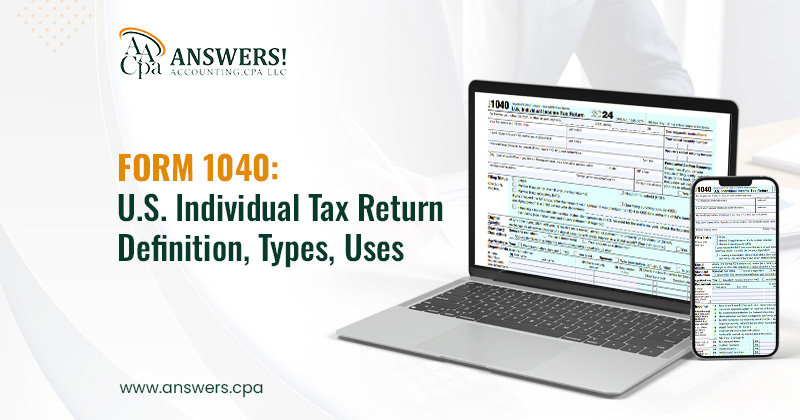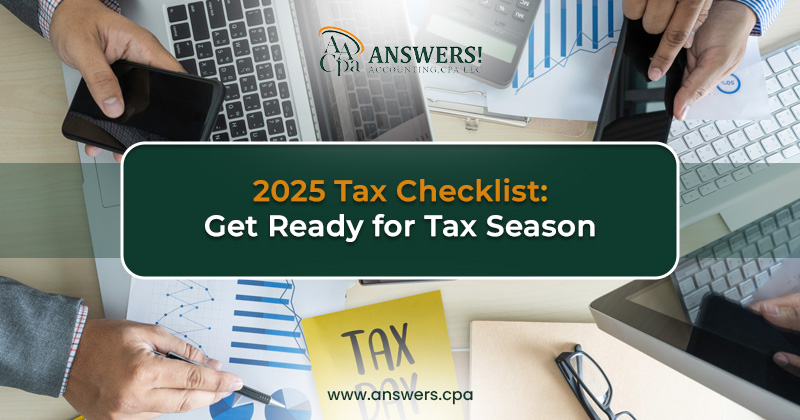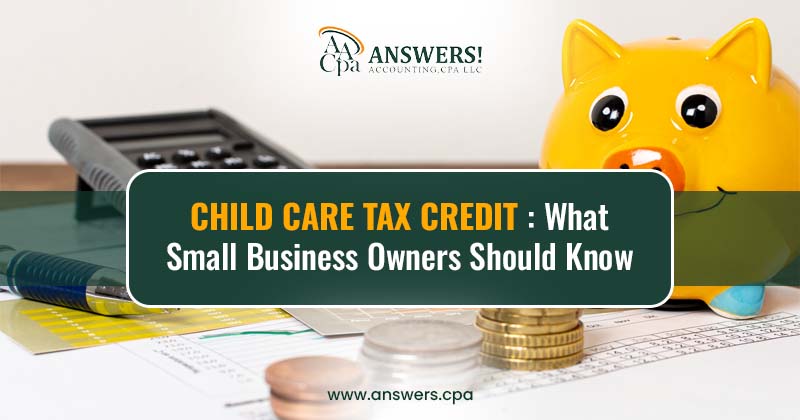Thinking about Starting a New Business: Cost Deductions
Starting a business can be expensive, but you may be able to reduce your tax bill by understanding the costs you can deduct. This means you get to subtract certain expenses from your business income, leading to lower taxes.
Here's the gist:
- Business Expenses: Costs directly related to your business, like rent, utilities, supplies, advertising, and salaries. These are generally deductible.
- Startup Costs: Expenses incurred before selling your product or service, like market research, legal fees, and training. These can be deducted over some time.
- Home Office: If you work from home, you can deduct a portion of your home expenses related to your business.
Important things to keep in mind:
Keep good records! Track all your business expenses meticulously for tax purposes.
Consult a professional: An accountant or tax advisor can help you navigate the complex world of deductions and ensure you claim everything you're eligible for.
Understregning Startup Costs
Startup costs are the expenses incurred before a business officially launches. They cover everything from initial setup to getting the doors open and generating revenue.
Key categories of startup costs:
One-time Costs: Expenses you pay only once, such as:
- Legal fees for incorporation
- Initial inventory
- Website development
- Equipment purchase
- Marketing materials
Recurring Costs: Expenses you pay regularly, such as:
- Rent/utilities
- Salaries/wages
- Insurance
- Marketing campaigns
- Software subscriptions
Why are startup costs important?
- Planning and Funding: Understanding these costs helps you create a solid business plan and secure the necessary funding.
- Financial Health: Accurate cost estimates ensure you're prepared to meet expenses and avoid financial hardship in the early stages.
- Decision-Making: Knowing your costs allows for informed decisions about pricing, operations, and growth strategies.
Special Considerations
Investigative vs. Capital Expenditures
It is crucial to differentiate between deductible startup costs and capital expenditures. Capital expenditures, such as purchasing equipment or buildings, must be capitalized and depreciated over their useful life rather than deducted immediately.
Abandoned Business Ventures
If you decide not to proceed with your business idea, the costs incurred during the investigation phase can be deducted as a loss on your tax return, provided you were actively seeking to create or acquire a business.
Steps to Maximize Your Deductions
1. Keep Detailed Records
Maintaining thorough and accurate records of all expenses related to your new business venture is crucial. This includes receipts, invoices, and a detailed log of business-related activities.
2. Consult a Tax Professional
Given the complexity of tax laws, it is advisable to consult with a tax professional. They can provide tailored advice based on your specific circumstances and ensure you are taking full advantage of available deductions.
3. Plan Your Expenses
Strategically planning your expenses can help maximize your deductions. For example, spreading out certain costs over time may allow you to take advantage of the initial $5,000 deduction and amortize remaining expenses effectively.
Common Mistakes to Avoid
1. Misclassifying Expenses
Ensure you correctly classify your expenses to avoid issues with the IRS. For instance, differentiating between capital expenditures and deductible startup costs is essential.
2. Overlooking Amortization
Failing to amortize excess startup costs can result in missed deductions and higher tax liabilities. Properly tracking and reporting these expenses over 15 years is vital.
3. Neglecting State Tax Rules
Remember that state tax laws may differ from federal regulations. Ensure you are compliant with both federal and state requirements to avoid penalties and maximize deductions.
Conclusion
Navigating the complexities of deducting startup costs is crucial for any aspiring entrepreneur. By understanding the types of expenses that qualify, keeping detailed records, and consulting with a tax professional, you can ensure you maximize your deductions and set a solid financial foundation for your new business venture.








